9 Unknown facts about Sparta that will blow your mind away!
9 Unknown facts about Sparta that will blow your mind away!
Updated on November 18, 2021 08:49 AM by Emily Hazel
Sparta, also known as Lacedaemon, was an ancient Greek city-state in what is now known as Laconia in southern Greece. It was a warrior society, and they believed that they were descendants of Hercules. Sparta was one of the most important cities in ancient Greece and was known for its heroic tales. These age-old stories have become timeless and retold more than several times through modern films and books. Despite its widespread appeal, there are a few facts about it that are unknown.
Read on to learn a few interesting facts about Sparta that you might have never known.
Did you know? The word "Spartan" means self-restrained, simple, frugal, and austere.
Being a Spartan boy was not easy!
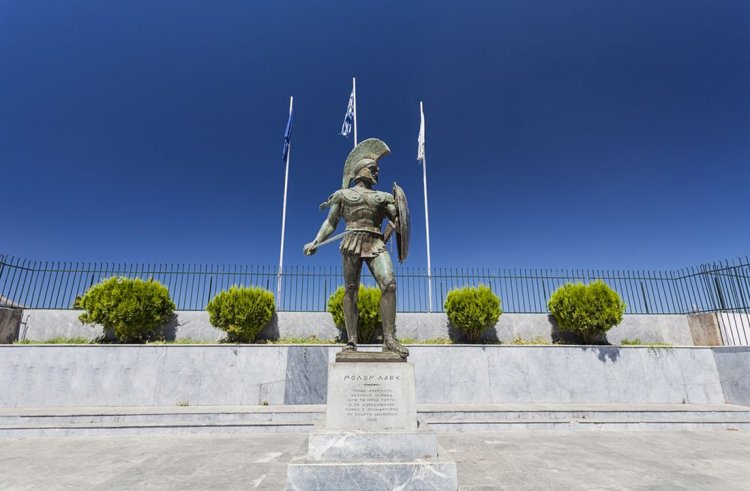
Spartan boys began a rigorous state-sponsored schooling, military training, and socializing program when they were seven years old. The Agoge system, as it was known, emphasized duty, discipline, and endurance. They had to undergo continuous physical competitions that sometimes even turned violent, were allowed to have meagre rations, still were expected to become skilled at stealing food, and possess other survival skills.
Add Block
While for the Spartan women, life was pretty different than other Greek women
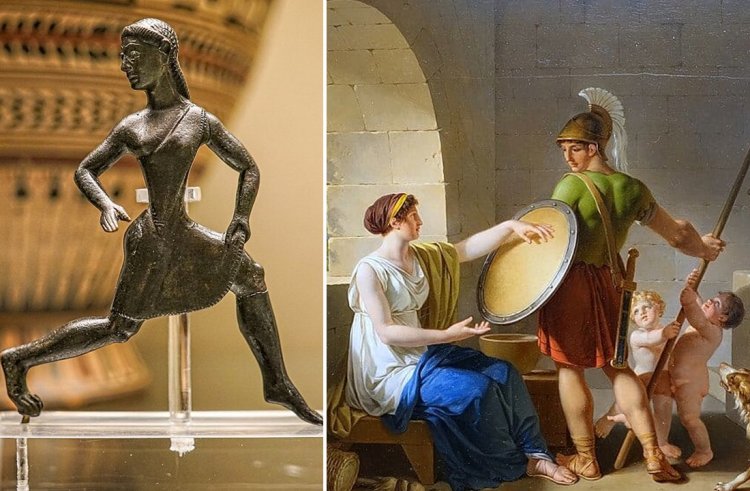
They were not active in the military but enjoyed more status and freedom than other Greek women. They were required to participate in physical activity to ensure good health to give birth to strong babies.
The Helots (meaning: captives) were Greeks who were initially been from Laconia and Messenia
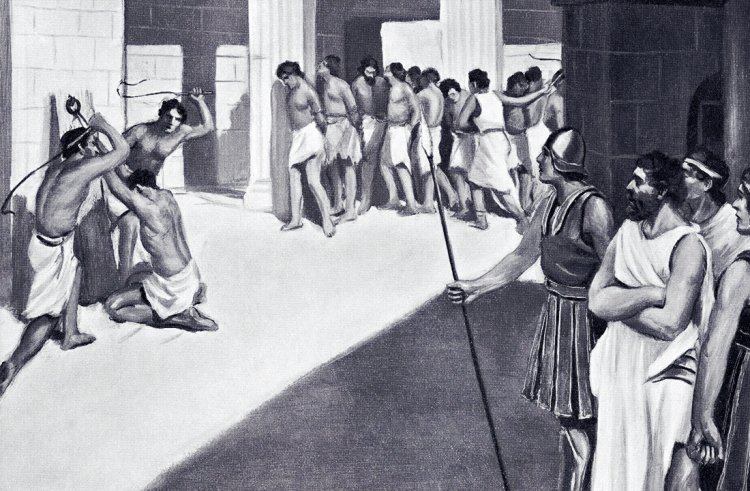
The Spartans had conquered them and turned them into slaves who performed all of the day-to-day activities required to keep the society running. Without them, Spartans would have had it difficult! However, the sad and dark part is that the Spartans ritually waged war on the Helots each year. They would do it through the Krypteia, a body of young Spartan men who had military potential and prowess. The most vital and most rebellious Helots were to be hunted down and killed by these warriors.
Add Block
The Spartans valued marriage
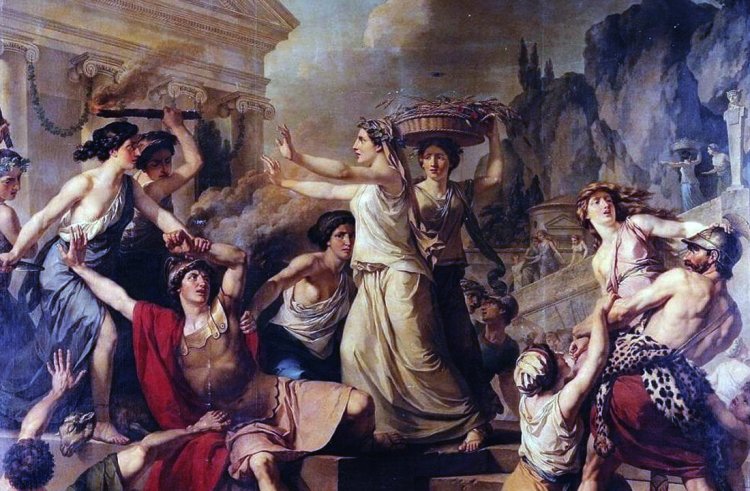
They were pressured to have male children who would become prospective state warriors and replace the military's slain soldiers. Men who had several sons were honoured, but those who waited too long to marry were publicly chastised.
Add Block
Unfit babies were left to die!
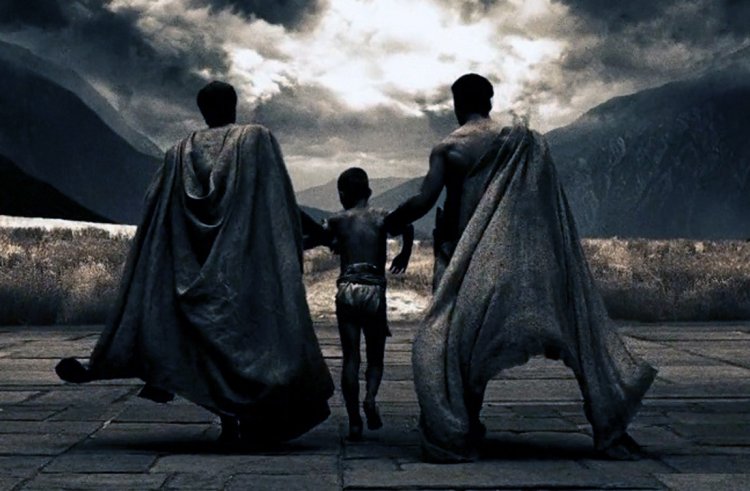
Babies that were not seen as potential warriors were abandoned on a hillside and left to die.
Spartan babies bathed in wine
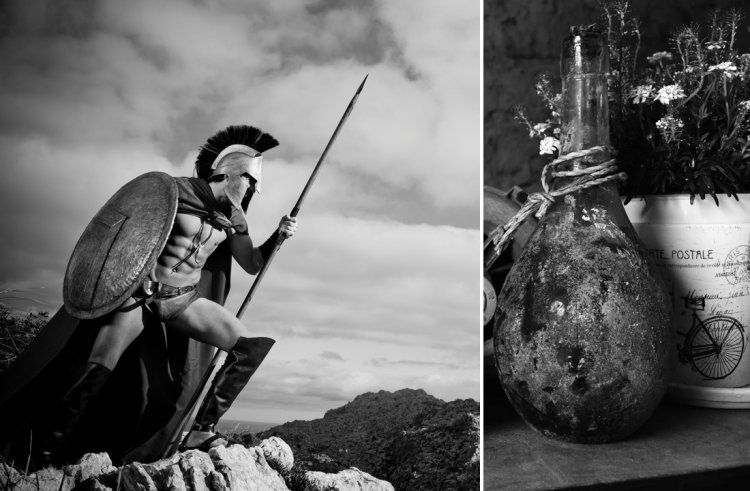
They were routinely cleaned in wine rather than water. When they sobbed, in order to toughen them up, they were not carried up.
Add Block
Not everyone got a marked headstone
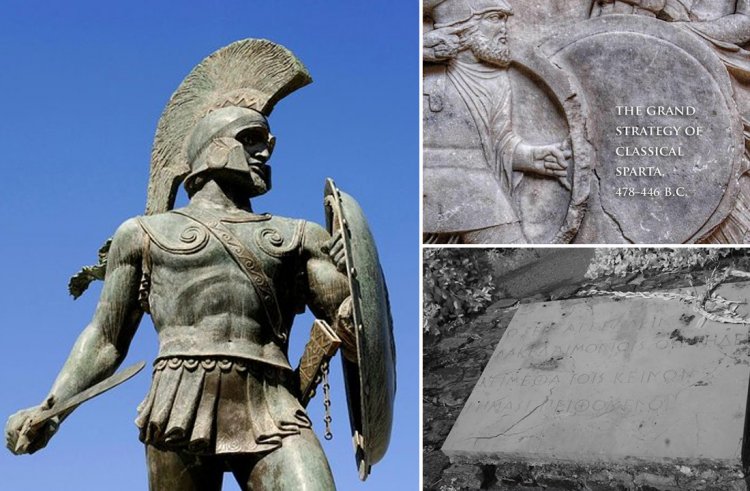
Only the soldiers who died in combat during a victorious battle and a woman who died during childbirth were buried with a marked headstone.
Add Block
Despite their military prowess, the Spartans' dominance did not last very long
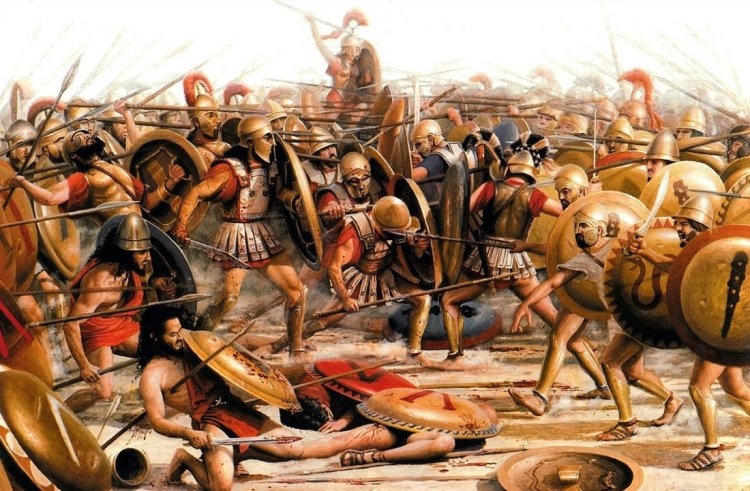
At the Battle of Leuctra in 371 B.C., Thebes defeated them, marking the beginning of their downfall.
The modern-day town of Sparti
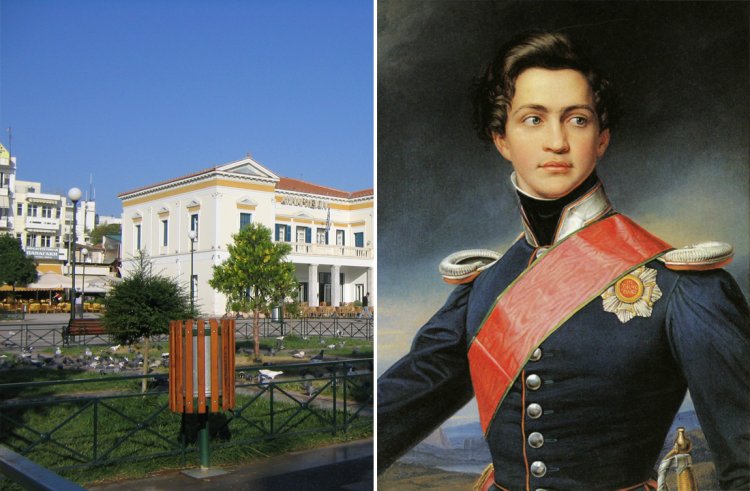
Otto (1815-67), King of Greece, ordered the modern-day town of Sparti to be built on the site of ancient Sparta in 1834.





